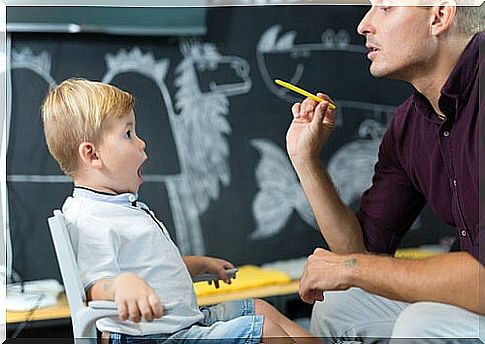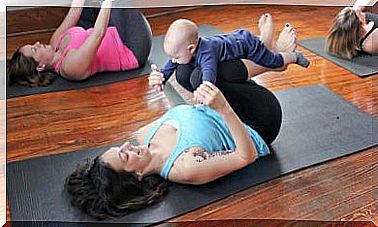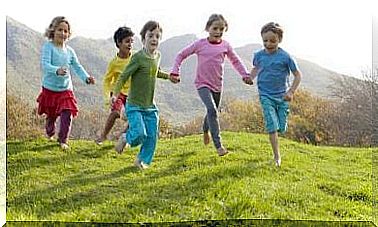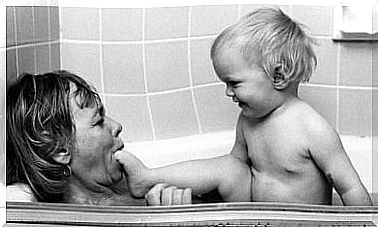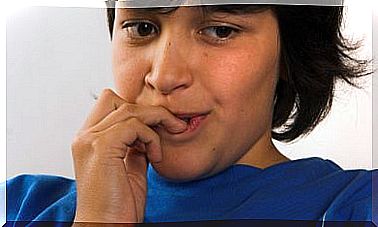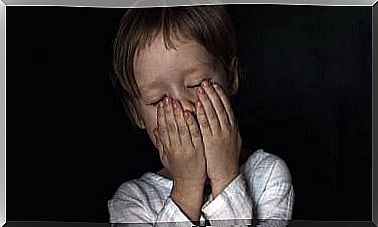Free / Live Pedagogy
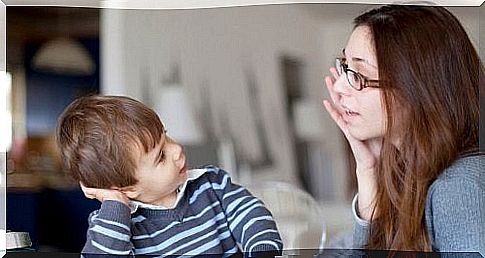
One of the models of education that is increasingly revolutionizing the world is Free / Live pedagogy. Its approach is the conception of the child as an active entity in their education and effective learning.
This approach seeks to determine the immediate needs of the child to help him develop the skills that allow him to function in the environment in an appropriate and efficient way. In this way, difficulties are minimized.
What is understood as Free / Live pedagogy?
It is known as Free / Live pedagogy, an education modality that seeks to promote and stimulate the child’s abilities. This model and its advocates point out that learning must be provided based on the needs of each child.
This must be done through free play and continuous contact with nature, also integrating it with experimentation and the guiding attitude of the educator.
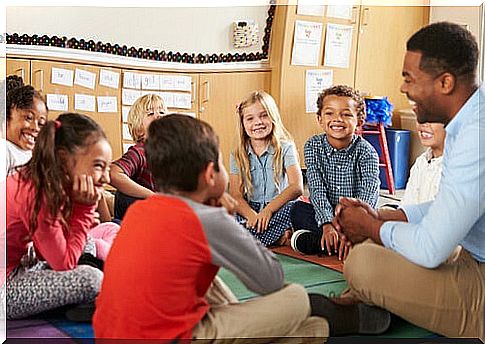
Its origin dates back to the end of the 19th century, when John Dewey defined the child as an active subject, owner of his own learning. It should be noted that Dewey, considered that education was a social process that prepares the infant for life in society.
Main features
This teaching philosophy is based on the student’s experiences to develop a mental process that is useful to society.
Therefore, it is necessary for the child to have practices that pose real problems and stimulate thinking. Taking this as a reference, the characteristics of Free / Live pedagogy are summarized as follows :
- As for the role of the educator, he must be an observer to distinguish the push that the child needs to develop skills. Also, it should stimulate the realization of questions and answers in the various areas of knowledge.
- The student must take an active position when it comes to his education. For this reason, he is dedicated to living experiences and carrying out activities that help him discover knowledge.
- In the curricular field, it seeks to give structure to the knowledge so that it adapts to the needs of the child. Group, social tools and techniques are used to encourage research.
Advantage
Like any education system, Free / Live pedagogy brings some advantages and benefits to those who decide to opt for this teaching model.
Its rapid growth has made many people wonder if this model really works. The advantages of Free / Live pedagogy frequently explained are:
- Respect for children’s learning rhythm. One of the great benefits of this trend is that there are no difficulties in learning for the child. This factor significantly reduces stress in boys, since it is considered, above all, the achievements in the domain of knowledge.
- Learning without textbooks or grades. One of the pillars of this modality is that you do not need books, tests, textbooks, or grades to learn. Due to the number of learning activities, there are no homework.
- The student is the protagonist of their learning. Traditional education bases its teaching on the submission of the student to the teacher who is responsible for transmitting knowledge.
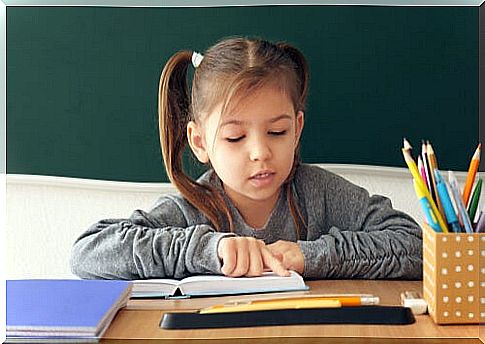
With these systems, the student decides on what to focus his learning, so the teacher acts as a guide. In this way, the options to reinvent learning are free.
Disadvantages
Although it is an attractive modality, it has some drawbacks when it is taught:
- High tuition costs in schools that promote this teaching modality.
- It has not been adapted to existing methodologies, due to resistance to the paradigm shift.
- It is considered education for elite classes.
In summary, Free / Live pedagogy is presented as an education model based on the needs of the child, because its application has great benefits that will help them innovate, discover and explore various fields throughout their learning process. This will give you an extremely enriching experience.
